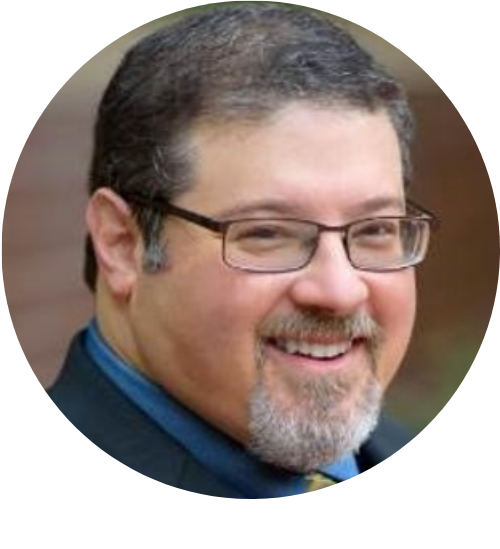I just finished reading what I’d consider to be the most definitive book on cancer that I’ve ever read. The Emperor of All Maladies: A Biography of Cancer, by Dr. Siddhartha Mukherjee, recently completed his fellowship training at the Harvard/Dana Farber Cancer Institute program, is a rare book on a medical subject that is difficult because of both the complexity and the emotional charge of the subject that is accessible to laypeople and scientists alike.
Though remarkably exhaustive in its scope, it weaves medical history with personal and poignant vignettes of cases from his own experience, while also explaining a remarkable array of challenging biological principles of cancer biology.
For me, it was enlightening to read about the historical underpinnings of ideas such as radical surgery, chemotherapy before there was a name for it, bone marrow transplants, targeted therapies, and even patient advocacy, that we now take for granted. Meanwhile, he describes the interpersonal struggles and the politics that led to bold ideas being tested, sometimes with little oversight, and that ultimately led to the highly publicized “War on Cancer” declared in 1971 by President Richard Nixon that remains, 40 years later, hotly debated as to whether we’re winning or losing. For me, it was remarkable to read about many of the people who were part of my own training and/or remain colleagues now, who are already woven into the history of cancer that is, fortunately, still being written. Any reader will be able to see connections of drugs and ideas from the past and how they connect to our treatments today — in fact, there’s a good bit of the “history” that tracks back to a time when I was already in medicine and experiencing and discussing these changes in real time.
To me, a few key elements stand out. One is the interplay of science with sociopolitical factors, and this includes the dramatic changes in the role of patients over time. The modern history of cancer cancer essentially begins with the “Jimmy Fund” that Dr. Sidney Farber started to galvanize funding for childhood cancers behind the cherubic face of Einar Gustafson, re-christened as Jimmy, and fund raising for cancer has centered around patient stories ever since. The “War on Cancer”, though, was largely a product of a pressure head of political will by New York socialite Mary Lasker and her network of allies, just as much as a medical need. Dr. Mukherjee describes the more recent critical influence of AIDS activists that led to changes in the urgency of medical research and importance of the breast cancer community in accelerating the pace of development of the targeted therapy Herceptin (trastuzumab).
The other point I was left with was the hope for what the future will bring. Dr. Mukherjee makes the point that the rapid success of the Manhattan Project was predicated on decades of accumulated knowledge about the underlying science, while, in contrast, we headed into the War on Cancer in 1971 with painfully little real knowledge of the biology of cancer. The last 40 years have seen very meaningful gains in our ability to prevent and detect many cancers and successfully treat many more, but our understanding of biology and genetics seems to be accelerating far faster. We are entering what I believe is truly a golden age of genetics that holds the promise of far greater dividends in cancer care than we’ve ever seen previously, bringing years of growing understanding to practical fruition. Many older oncologists relate how much more gratifying it is to now be able to treat patients with less toxic and more effective therapies than were available just 10 or 20 years ago, but I think there is good reason to believe that we are still picking up speed.
In the end, 470 pages of history and biology may not constitute light reading compared with Tom Clancy, but it’s the most accessible and palatable review of a huge, important topic like cancer that I can imagine. It may well be the definitive book on the subject for a very long time.








Dr West,
I would like to add my own strong endorsement for the book. Unlike you, I do not have a medical background. However, the book is very understandable and takes pains to explain specialized topics very well. After reading this book, I have a much better comprehension of various terminologies and treatments that have been prescribed for my wife during last year. It also has enabled me to pose more relevant questions to her oncologist than I was able to do before.
Fifty years ago, I saw my mother sucuumb to this malady because almost none of the remedies we talk about today were available; even now I read almost every week about some break through or new drug that could cure several types of cancers. However, many of these break-throughs may not be available to my wife and thousands of other patients in a timely manner. As the book so admirably captures, this is reallly nothing new. Over several decades, several generation of patients have missed benefiting from ongoing developments. I am sure that is as frustrating for families as it is for those dedicated researchers who devoted their lifetimes to understand this multi-headed disease.
Finally, the last secttion of the book does give hope that given a much better understanding of the fundamental origins of this malady, perhaps diagnostic and treatment regimes will finally mature enough to allow future patients to have a ” cancer treatment” rather than struggling to be a survivor for a few more months than before.